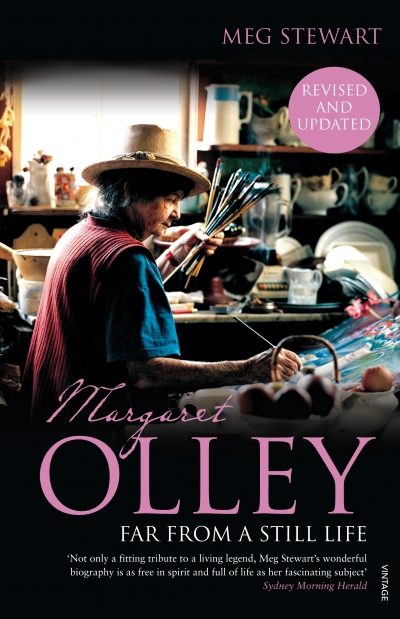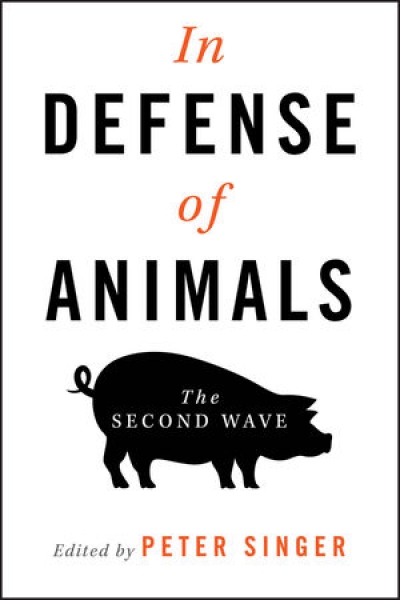Accessibility Tools
- Content scaling 100%
- Font size 100%
- Line height 100%
- Letter spacing 100%
Archive
The Weather Makers by Tim Flannery & Living In The Hothouse by Ian Lowe
Being from a young nation you find that dawn beguiles you
onto the exhausted saltmarsh,
miles of morose vacuity clad
in couch grass, cottonweed, random puddles, wire
and the odd, triumphant
flourish of pampas grass
featherily trying to tell dead factories,
Look here,
something fans, even at the far edge of Europe
where large gulls crowd and abruptly dip, although
the fish have all gone home to bed.
... (read more)
Well, it’s been waiting all these years, like a poem
asleep in the word-hoard, its prince to come,
kiss at the ready, and bloom it forth to the world:
or like a kouros, hauled with pain
from the gnarling waters, smiling gaze intact,
its maker long put out to sea:
or like that ‘orient and immortal wheat’ that waved
before Traherne, a child bereft,
and set him claiming Paradise again:
yes, it’s here for the restless heart –
The American Express Gold Card Dress – and all
may now be well at last.
... (read more)ABR welcomes letters from our readers. Correspondents should note that letters may be edited. Letters and emails must reach us by the middle of the current month, and must include a telephone number for verification.
... (read more)This year we received eighty-seven entries, with a good range in all three categories, children’s/young adult books; fiction; and non-fiction/poetry. New South Wales contributed almost half the entries; but each state was represented. It’s always interesting to note the most popular titles. This year they were Sonya Hartnett’s Surrender and Christos Tsiolkas’s Dead Europe. Sadly, no one chose to review the Sydney and Blue Mountains Street Directory, that straight classic, but we were impressed by two entrants’ celerity in reviewing The Latham Diaries. (David Free has won third prize for his review of the same.)
... (read more)Stella Lees
Philip Reeves’s Infernal Devices (Scholastic) is the third part of a quartet about cities on wheels trundling about a future Earth. It has action, irony, intertextuality and flawed characters – some with dark agendas – and displays an original and startling imagination. Number four will complete the best fantasy since Philip Pullman’s His Dark Materials trilogy. On a smaller scale, and closer to home, Runner (Penguin), by Robert Newton, brings Depression-era Richmond alive. Young Charlie is employed by Squizzy Taylor, until the boy realises he’s doing the devil’s work. Newton’s wit lightens a tough tale with the inventive and laconic speech of Australian battlers, so that, when you’re not blinking back a tear, you’re laughing aloud.
... (read more)



